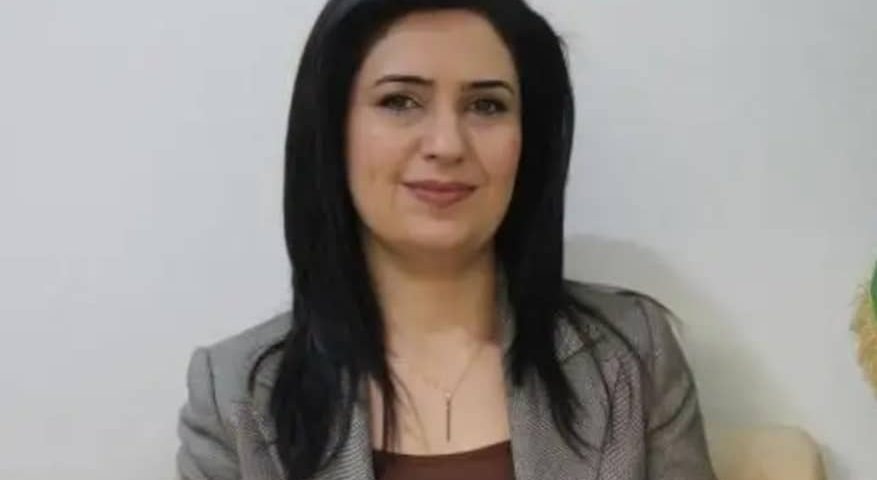The goal of the revolution in Rojava has been to build up a system that genuinely represents all parts of society, according to the concept of the “democratic nation”. The democratic nation is a paradigm of cooperation and co-governance between all ethnicities, groups, beliefs and religions. According to the political philosophy of respected Kurdish leader Abduallah Ocalan, gender equality must be at the heart of this effort. This fundamental assertion has resulted in the successful implementation of a system called co-chairing, in North and East Syria. Under the co-chair system, institutions at every level of government are headed by both a man and a woman. As a result, there is no place in the political system in which the needs and will of both women and men are not acknowledged. This is a unique system in the world, and a living laboratory for true gender equality.
The implementation of the system in Rojava began in 2012 within the leadership of the PYD political party. After the 5th party congress, the party extended the system to apply to all its institutions. Other parties in NES also saw the benefits of the co-chair system. Six other parties now organize themselves based on the co-chair system, including the Green Party, and the Syriac Union.
The success of this model has encouraged it’s adoption across all the institutions of the Autonomous Administration of North and East Syria. From 2016 onwards, every level of the Autonomous Administration, from communes all the way until the executive and general councils, instituted the co-chair system. What’s more, the Autonomous Administration has implemented a quota system; 50% of participants in all institutions must be women. Nowadays, across the AANES, men and women share joint responsibility for every aspect of governance: discussing issues, developing solutions, and making decisions together.
The implementation of these systems has not been without it’s challenges. Men came into the autonomous administration structures with more experience in most sectors, stretching from the economy to services. As a result, women were often overlooked and ignored, and did not always feel empowered to participate. Independent women’s institutions such as Kongreya Star, have taken the lead in helping address gaps in female experience, by offering educations and workshops for women who participate in the co-chair system. They have also developed a system in which women share their experiences with each other, and discuss how to implement the co-chair system in the best way.
The co-chair system has become a pillar of the democratic nation project, strengthening democratic organizing along other identity lines throughout society in NES. The gender equality embedded in the system has laid the foundation for a truly democratic and ecological society, in which genuine freedom is possible for all genders, ethnicities and religions.

